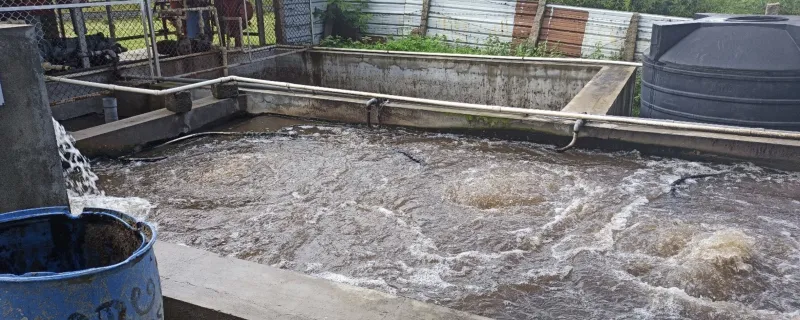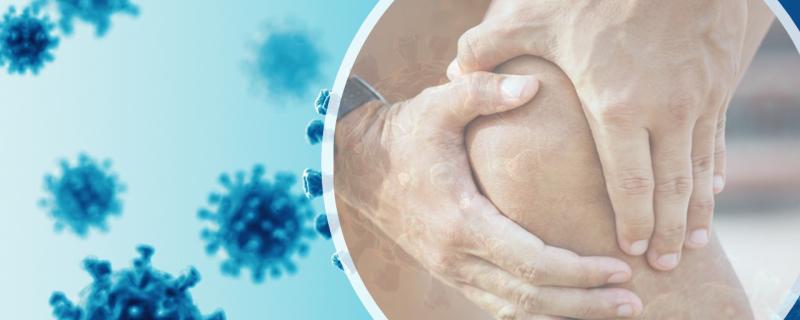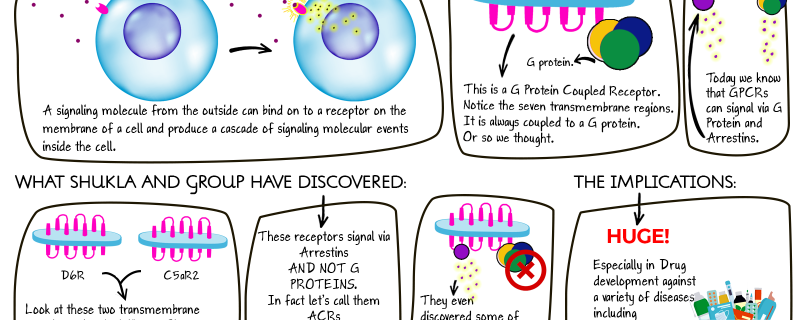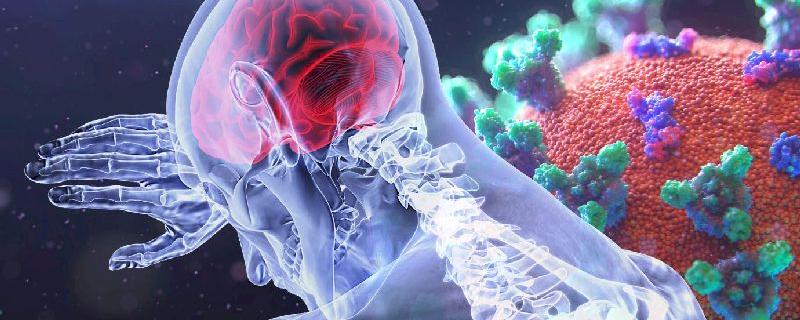A comprehensive study from 26 major sewage treatment plants has identified 11 sites in Bengaluru that could act as bellwether sites for wastewater surveillance of COVID19 virus
The Indian Space Research Organisation (ISRO) has achieved another leap in its quest for self-reliance in space, successfully launching the heaviest communication satellite ever lifted from Indian soil using its formidable heavy-lift rocket, the Launch Vehicle Mark-3 (LVM3). Affectionately nicknamed ‘Bahubali’ for its sheer power, the LVM3-M5 mission placed the critical 4,410 kg CMS-03 spacecraft into a precise Geosynchronous Transfer Orbit (GTO) on Sunday, November 2, 2025, from the Satish Dhawan Space Centre.
Sriharikota/










